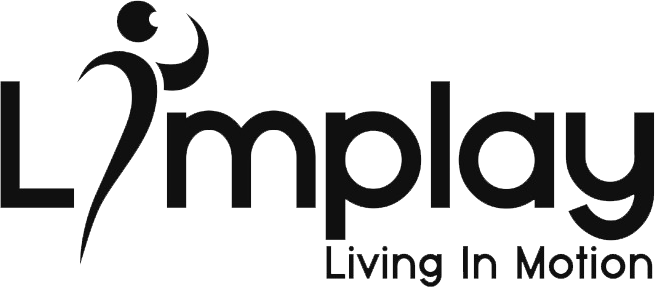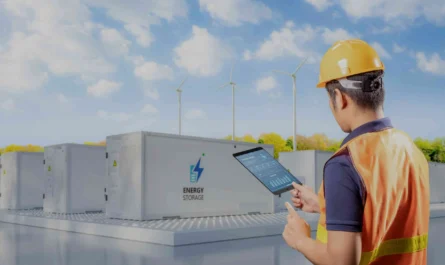Entrepreneurship has always been about innovation, but the latest frontier isn’t just in markets or products—it’s in the human brain. Advances in neurotechnology, particularly brain-computer interfaces (BCIs), are giving entrepreneurs new ways to enhance focus, creativity, and decision-making. While BCIs might sound like science fiction, real-world applications are already emerging, promising to change how business leaders think, work, and compete.
What Are Brain-Computer Interfaces?
A brain-computer interface is a system that enables direct communication between the brain and an external device. By translating neural signals into digital commands, BCIs can control computers, prosthetics, and even virtual environments. Traditionally developed for medical applications like helping paralyzed patients regain mobility, BCIs are now being adapted for cognitive enhancement and workplace performance.
For entrepreneurs, this means tapping into neurotech to boost productivity, improve well-being, and unlock creative potential in ways previously unimaginable.
Why Entrepreneurs Should Pay Attention
Entrepreneurs juggle countless responsibilities: strategy, problem-solving, people management, and constant innovation. Neurotech offers tools to optimize brain function, reduce stress, and sharpen focus. Unlike generic productivity hacks, BCIs provide personalized, real-time feedback on brain activity, enabling users to identify when they’re at their mental peak—or when they need a break.
Real-World Applications for Entrepreneurs
- Focus and Attention Training
Devices like Muse and Emotiv use EEG headbands to monitor brainwaves and deliver feedback on focus levels. Entrepreneurs can train themselves to enter “flow states” more consistently, enhancing productivity during critical tasks like negotiations or product design. - Stress and Emotional Regulation
Stress is a major productivity killer. BCIs can detect heightened activity in areas of the brain associated with stress and prompt interventions—like breathing exercises or mindfulness prompts—to restore calm. - Cognitive Load Management
Entrepreneurs often face decision fatigue. Neurotech tools can analyze brain activity to identify when cognitive load is high, recommending breaks or task switching to prevent burnout and improve accuracy. - Creativity Enhancement
Some experimental BCIs use neurofeedback loops to encourage brainwave patterns associated with creativity. This could be a game-changer for brainstorming sessions, product innovation, or marketing campaigns. - Immersive Virtual Collaboration
In the near future, entrepreneurs may use BCIs to navigate virtual environments hands-free. Imagine controlling a VR meeting room or collaborative whiteboard with your thoughts, speeding up teamwork across distributed teams.
The Benefits
- Personalized Productivity: Tailors routines and work habits to each individual’s brain activity.
- Early Detection of Burnout: Continuous monitoring helps catch mental fatigue before it spirals.
- Enhanced Learning: BCIs can accelerate skill acquisition by reinforcing brain patterns associated with memory and focus.
- Competitive Edge: Entrepreneurs willing to adopt neurotech early may outpace peers by working smarter, not just harder.
Challenges and Concerns
Of course, neurotech comes with hurdles:
- Cost and Accessibility: Advanced BCIs remain expensive, limiting widespread adoption.
- Privacy: Brain data is deeply personal. Who owns it, and how it’s stored, raises significant ethical concerns.
- Accuracy and Reliability: Current non-invasive BCIs can be inconsistent, requiring further refinement.
- Work-Life Balance: Constant brain monitoring may blur the line between improvement and intrusion.
Looking Ahead
By 2030, experts predict neurotech will become more affordable and integrated into daily life. Lightweight, stylish wearables could provide seamless cognitive feedback, while AI-driven platforms might analyze brain activity to recommend personalized productivity strategies. For entrepreneurs, the workplace of the future could involve not just standing desks and collaboration software, but also neuro-enhanced tools that optimize how they think and work.
Brain-computer interfaces represent a bold step in the evolution of entrepreneurship. By unlocking greater focus, creativity, and resilience, neurotech has the potential to transform how entrepreneurs build and scale their businesses. While challenges in cost, privacy, and ethics remain, the productivity gains could be too significant to ignore.
For forward-thinking entrepreneurs, embracing neurotech may not just be about getting ahead—it could be about redefining what it means to work at the peak of human potential.




